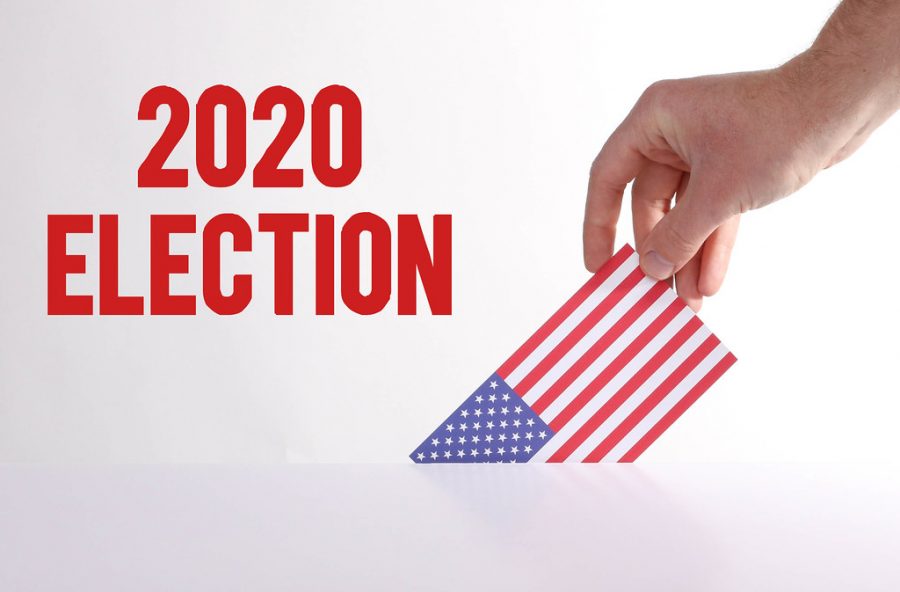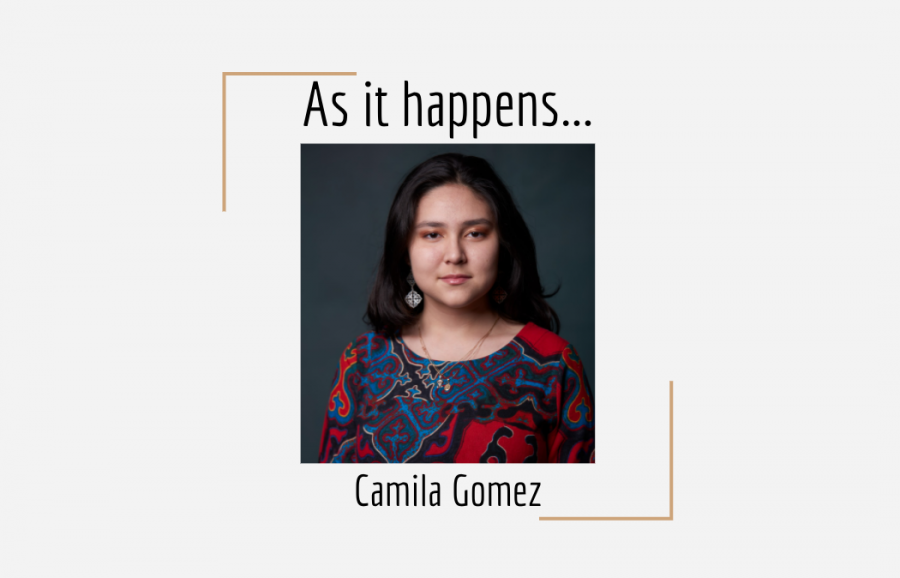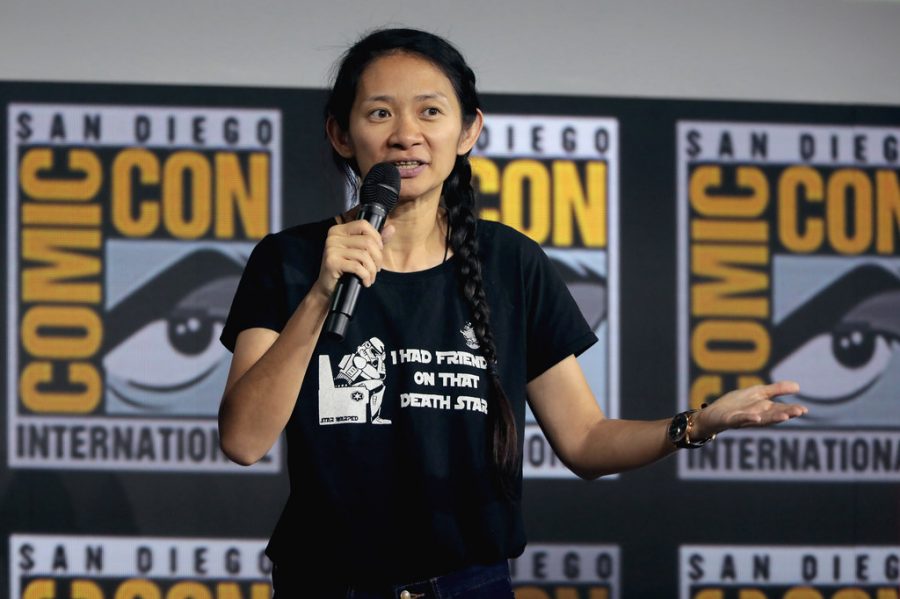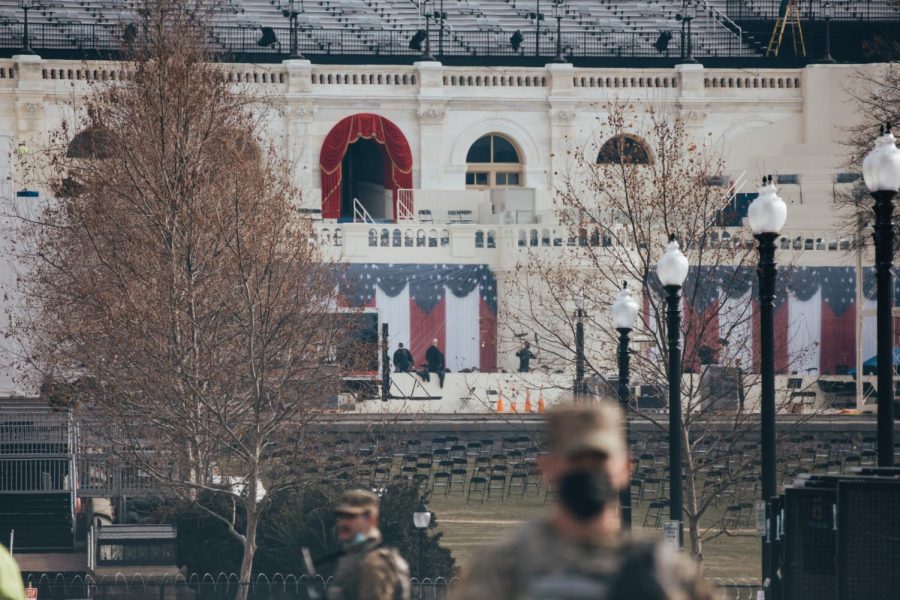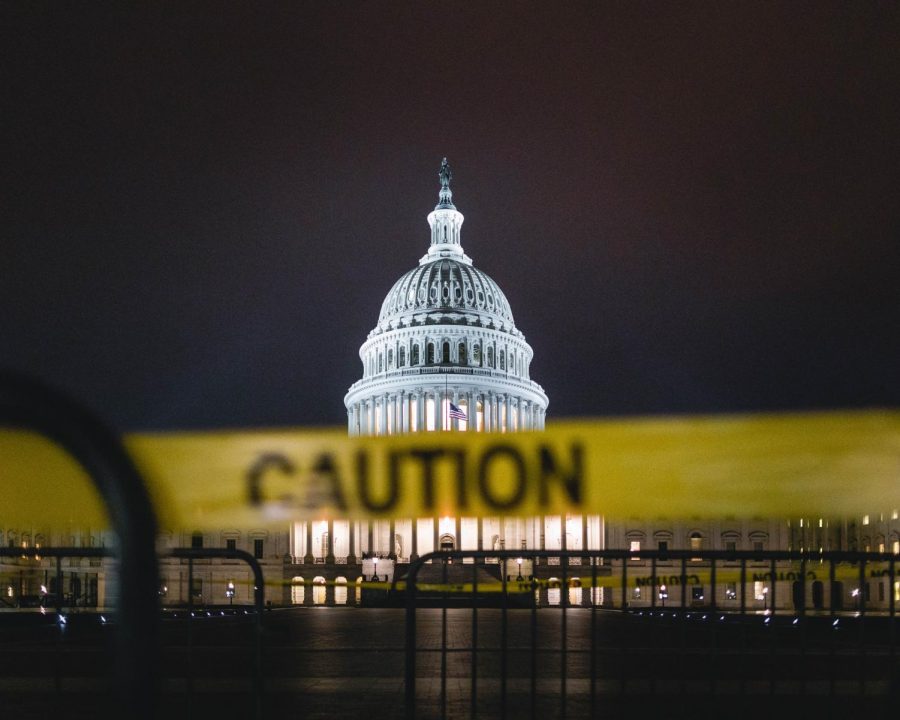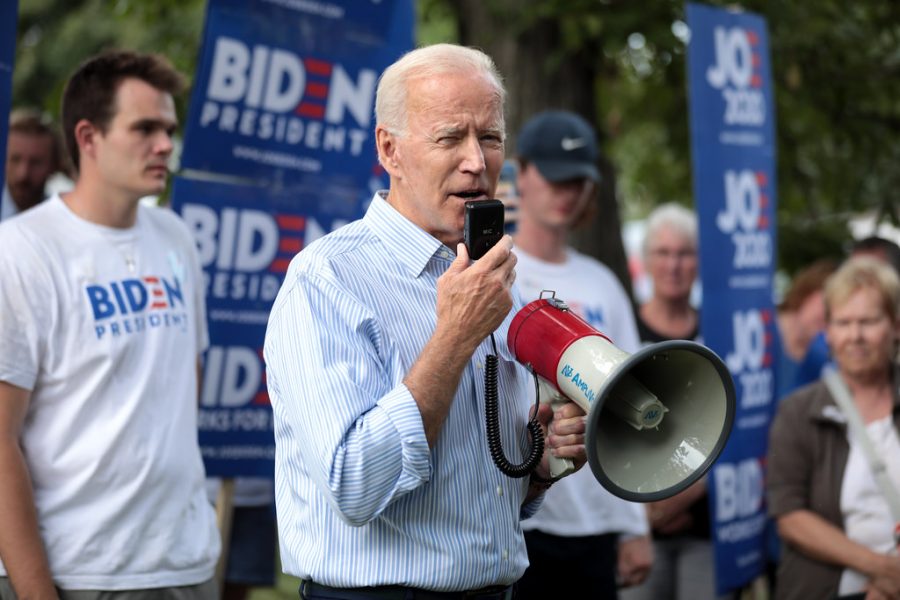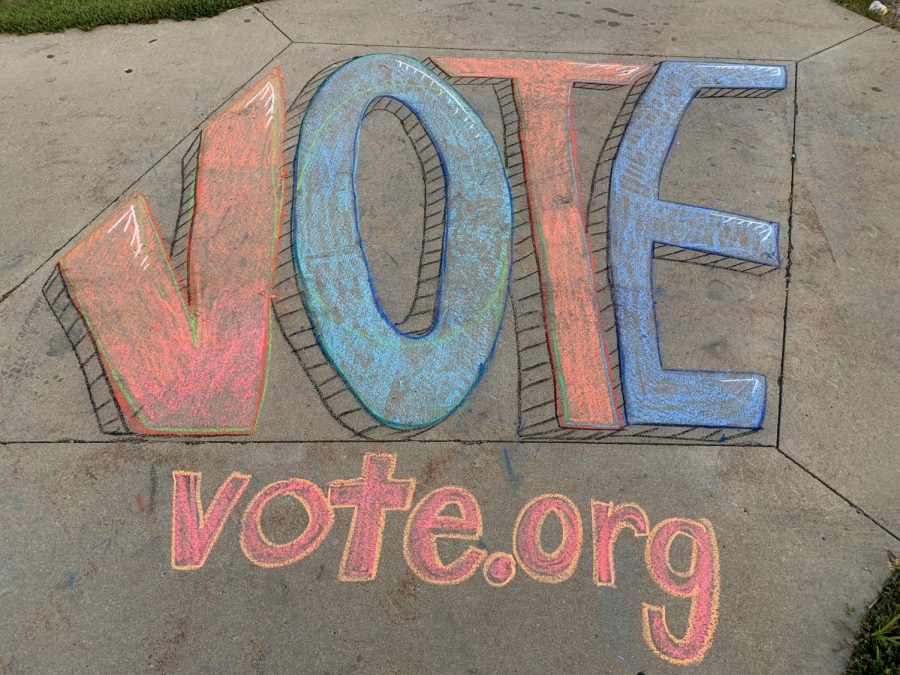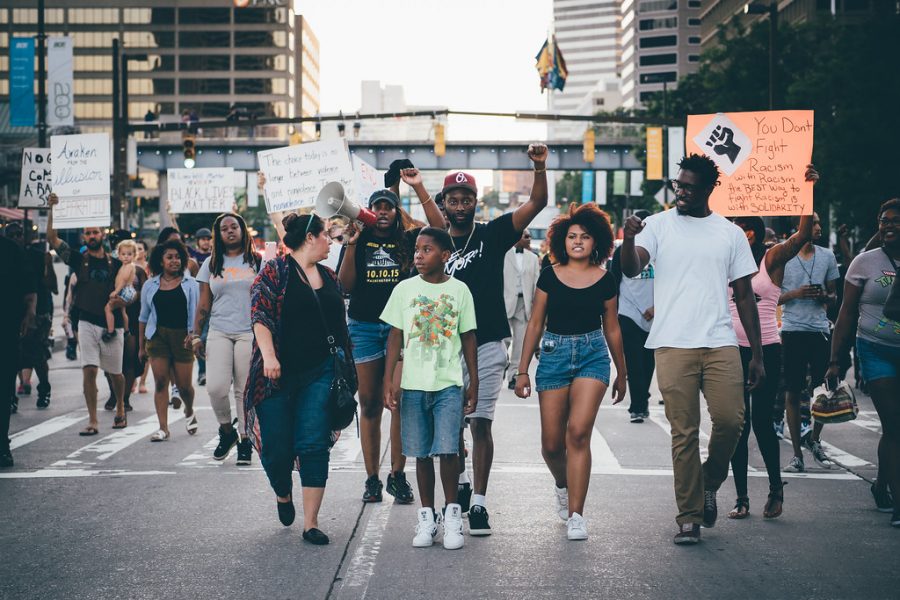The importance of the 2020 presidential election is not lost on the nation’s youth. There are issues that are being contested by the current leadership such as the response to the Covid-19 pandemic and the Black Lives Matter movement, which directly affect youth. However, most Lincoln High students do not have a say in such conversations as they are not of voting age and cannot participate in the 2020 presidential election.
Acknowledging that she cannot participate in the election, LHS Junior Alaa Ismail said, “Voting is a fundamental aspect of democracy and freedom, where Americans have a say in who represents them. Voting isn’t a privilege, but rather a right and should play an immense and salient part of every person’s life who can vote.”
The inability to raise one’s voice in the ballot box places a greater importance in the representation of your beliefs in leadership. However, non-voting age youth are frustrated that their voices are not being reflected in the current leadership and that they cannot choose representatives who share those beliefs.
Ismail says that she understands why the voting age is 18 years old. “However, there are so many youth who are just as capable to vote and understand exactly what is happening in the status quo,” Ismail said. “Thus, it is very disheartening to know your stance and what you believe in but you have no voice in the ballot box to vote for those who are supposed to represent you.”
Sophomore Larry Li expresses this lack of voice too. “I really want to have the chance to choose who represents me,” Li said. “I feel left out.”
Some students, including junior Audrey Lester, even feel that the people who are supposed to represent them are disregarding important issues.
“What’s important to me is being contested by those [who are] supposed to represent me,” Lester said. “Those in power are so detached from their constituents that they don’t know or care what they want, therefore obstructing democracy.”
The dissatisfaction with those currently in power and the inability to vote has prompted students to look for alternative ways to raise their voices. This has been exemplified by working with campaigns, attending protest and demonstrations, and petitioning the government, to name a few.
Lester describes being involved in the Kate Bolz’s campaign and attending Black Lives Matter protests but she says “the main way in which I’ve paid my due diligence is through education.”
This is a sentiment shared by Ismail. “I have educated myself even more on systemic racism, the 2020 election, and how the pandemic got us here,” Ismail said. “I tried my best to gain as much knowledge as possible because these issues are important and affect many people in our country. I have had difficult conversations with many people and worked hard to raise my voice in that manner in the hopes of increasing dialogue and not debate.”
There is doubt, however, as to the effectiveness of these endeavors. Li believes that more more pressure needs to be added towards politicians to get the message across.
“Demanding the government to do something does not only involve protesting, and demanding the government through speech,” Li said. “It also involves emailing representatives in order for them to listen to what the people are saying.”
Even then, these methods are not a personal representation of one’s voice the way a vote is and does not directly count towards the election’s results. “I do anticipate that it will be frustrating on election day, simply because I’ve been active this election cycle and I’ll be forced to passively watch on the day that it most matters,” Lester said.
The result of these alternative methods of advocacy remain to be seen, but all efforts to make meaningful change can only work with perseverance.
“Repetition is key; if you don’t win the first time, do it again,” Li said. “They can’t ignore you if you keep doing it over and over again.”
Ismail reaffirmed this statement. “Youth may not be able to express their voices in the ballot box, but one’s age is not definitive of their capability to make a difference and impact in their community” Ismail said. “A young individual’s age is not their limit but rather a strength that society fears, so that you are made to feel silenced. Keep fighting and never stop because it is our future that we are fighting for.”

